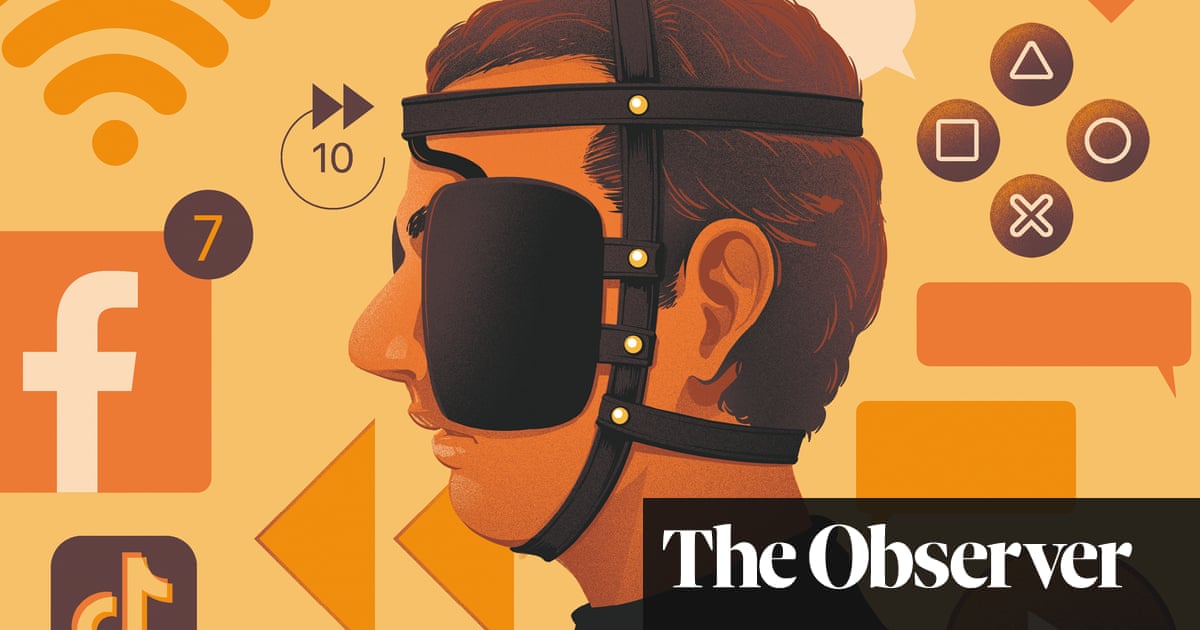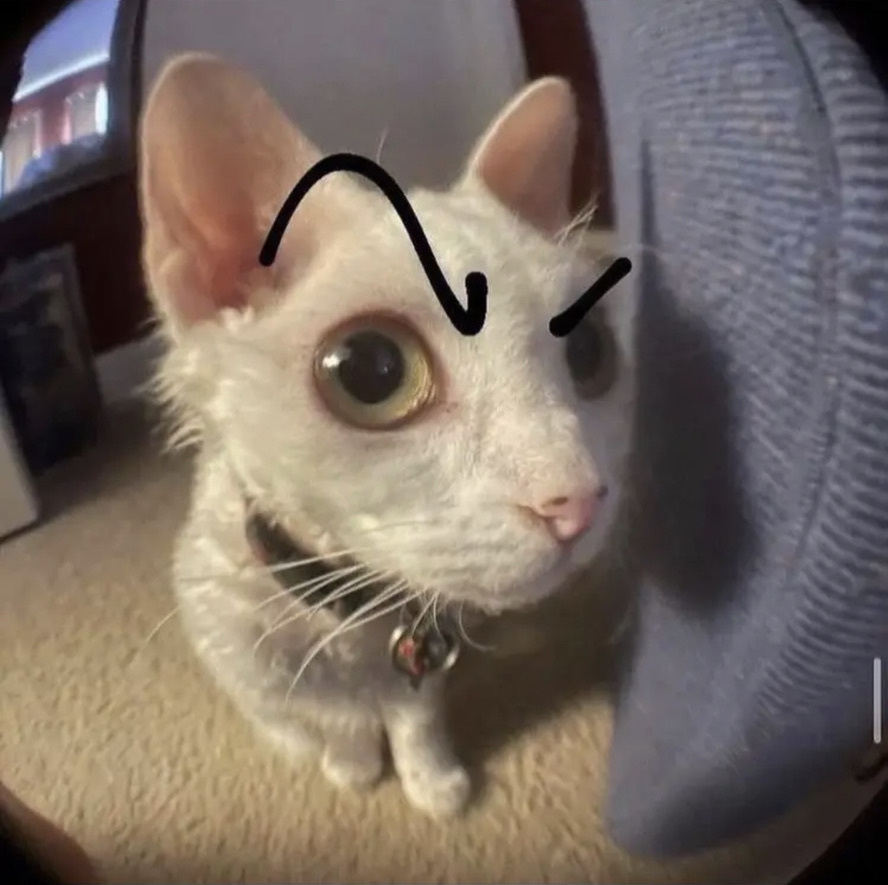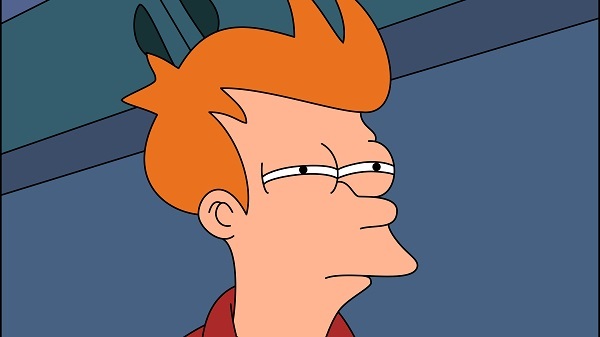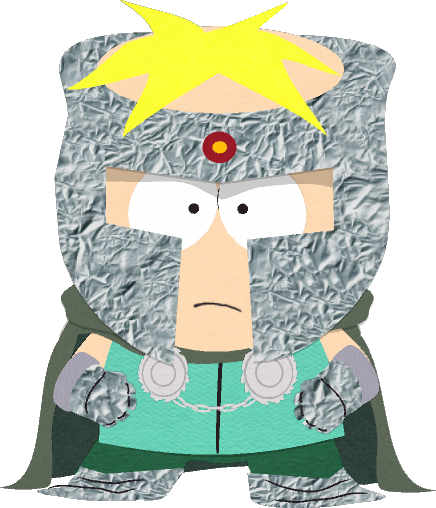Social media and many other facets of modern life are destroying our ability to concentrate. We need to reclaim our minds while we still can
Lately I was already wondering if it just became more common to diagnose ADHD because we learned to better spot it, or if maybe all the flood of information and the frequent context switches actually foster or even trigger it. Or even cause it to some degree.
This article seems to make similar observations at least.
I’m legitimately horrified that this phenomenon could stigmatize ADHD even more than it already is.
ADHD is much much more than an “short attention span”-disorder. It also can royally fuck with your executive function, emotional regulation, and other things we do not have control over but so desperately wish we did.
This. I’m VERY quick to anger or make upset and I hate it as I have almost no control over these emotions.
Me too. I have found that migrating to Lemmy from reddit has helped a lot tho. There’s far fewer jerks here and most seem good simply discussing topics vs beating others with bats.
Leave Squeaky out of this, he didn’t ask to be used to bludgeon some random plebbitor.
My partner and I were just talking about how utterly pervasive and often debilitating ADHD is in our lives. I couldn’t think of a more sadistic way to screw over someone’s life than to give them an invisible disorder, that removes any positive incentive someone has for taking care of the bare necessities of life.
Where a normal person gets a happy little boost from chemicals their brain releases for getting something done, the best I can usually hope for is a slight reduction in the overwhelming sense of impending doom that looms over my head every single day. And, if I’m struggling with depression, I don’t even give a shit about the impending doom. At that point there is nothing to keep me motivated.
ADHD is fucking terrible. And worst of all, everyone that doesn’t have it just says, “you just gotta try a bit harder.” Wow! Thanks! I wish I had thought of that…
I thought the current understanding is, that there is not the ADHD, but that it is a range of different symptoms and problems.
Yep… which is the challenge. The only word we have is ADHD, but really it’s so much more complex.
Whoa I didn’t know this! So it’s another spectrum-type thing? That makes alot of sense
Considering everything we know about it now, it should really be called Executive Function Disorder. Calling it Attention Deficit Hyperactivity Disorder really does a disservice to those that have it.
Also, ADHD, Autism, and BPD all share symptoms and can be difficult to differentiate.
Fully agree. The “trend” in diagnosis could also be people becoming aware of their struggles and finally getting the help they needed all along whereas otherwise they may have continued to live undiagnosed.
Who says it can’t be both
I leaned forward. “But, sir,” I said, “there’s an old-fashioned form of swiping you can do. It’s called turning your head. Because we’re here. We’re in the jungle room. You can see it unmediated. Here. Look.” I waved my hand, and the fake green leaves rustled a little. Their eyes returned to their screens. “Look!” I said. “Don’t you see? We’re actually there. There’s no need for your screen. We are in the jungle room.” They hurried away.
This is “Father, I can not click the book” levels of shit that never happened
TL;DR?
I think you’re joking about our inability to pay attention long enough to read this article, but I’m going to answer anyways because I rarely detect sarcasm correctly. This was most scientific section I can find
Prof Earl Miller, a neuroscientist at Massachusetts Institute of Technology, explained one to me. He said “your brain can only produce one or two thoughts” in your conscious mind at once. That’s it. “We’re very, very single-minded.” We have “very limited cognitive capacity”. But we have fallen for an enormous delusion. The average teenager now believes they can follow six forms of media at the same time. When neuroscientists studied this, they found that when people believe they are doing several things at once, they are actually juggling. “They’re switching back and forth. They don’t notice the switching because their brain sort of papers it over to give a seamless experience of consciousness, but what they’re actually doing is switching and reconfiguring their brain moment-to-moment, task-to-task – [and] that comes with a cost.” Imagine, say, you are doing your tax return, and you receive a text, and you look at it – it’s only a glance, taking three seconds – and then you go back to your tax return. In that moment, “your brain has to reconfigure, when it goes from one task to another”, he said. You have to remember what you were doing before, and you have to remember what you thought about it. When this happens, the evidence shows that “your performance drops. You’re slower. All as a result of the switching.”
This is called the “switch-cost effect”. It means that if you check your texts while trying to work, you aren’t only losing the little bursts of time you spend looking at the texts themselves – you are also losing the time it takes to refocus afterwards, which turns out to be a huge amount. For example, one study at the Carnegie Mellon University’s human computer interaction lab took 136 students and got them to sit a test. Some of them had to have their phones switched off, and others had their phones on and received intermittent text messages. The students who received messages performed, on average, 20% worse. It seems to me that almost all of us are currently losing that 20% of our brainpower, almost all the time. Miller told me that as a result we now live in “a perfect storm of cognitive degradation”.
I was joking, but this is a great summary for the people who wouldn’t otherwise RTFA.
Nice read. For those interested, at the end it’s mentioned that the article was excerpted from the author’s recent book, “Stolen Focus: Why you can’t pay attention”.
deleted by creator
A finite amount of fucks to give lol
He makes a good point that there’s systemic issues that need to be addressed, however I think periodic social media “fasting” has been fairly valuable in my own life and I’ve been encouraging others around me to try it as well. If nothing else it gives you a “baseline” for your own personal reference.
Whats your schedule like? 3 weeks on 1 week off something like that?
I typically take a bit over a week off every 6 weeks or so. What works well for me is hitting the city library and just forcing myself to get through a couple books. Any hobby is probably good enough.













